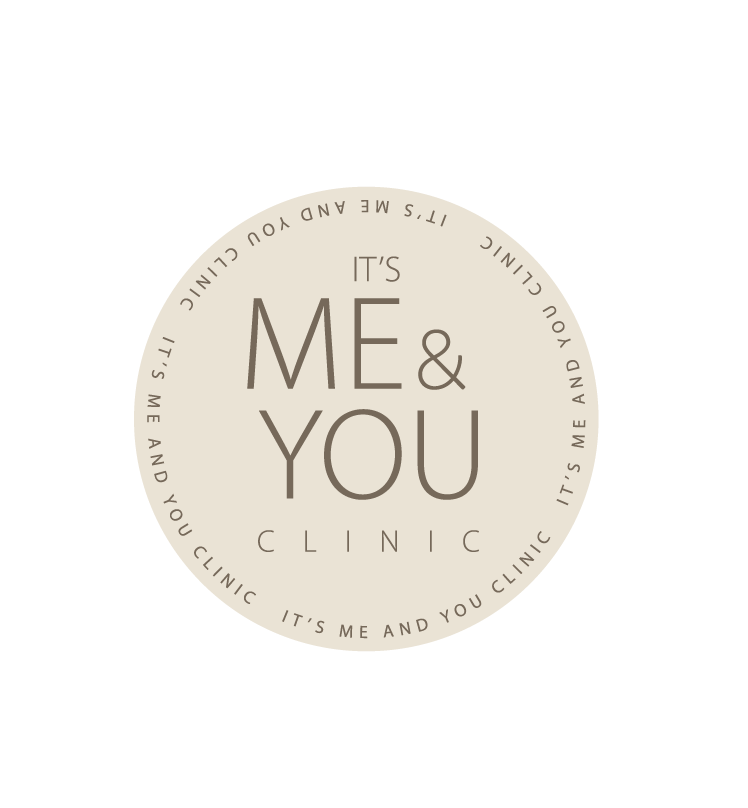Like most cosmetic procedures, botulinum toxin treatments are not recommended for pregnant patients. This blog explains the safety of botulinum toxin treatment to pregnant patients when to resume using the anti-wrinkle treatment, pregnancy-safe alternatives to Botox, and the possible side effects of Botox treatment. It also answers some frequently asked questions on Botox.
Botox treatment is among the most popular non-surgical cosmetic procedures to soften facial wrinkles and deep-rooted fine lines. Botox is a common brand that uses a well-diluted botulinum toxin to reduce facial muscle movements that trigger ageing signs. The toxin is used for cosmetic purposes and is an approved drug for various medical conditions like cervical dystonia and chronic migraines. Since women mostly use injectables, you may wonder whether it is safe to receive them when pregnant. However, there are still no reliable studies to determine the effect of the Botox formula on the unborn child.
Safety of Botox Treatment for Pregnant Patients
The foods and drinks that a pregnant patient takes have a direct impact on the growth of the baby. However, there is a lot of confusion surrounding cosmetic treatments like botulinum toxin injections when a patient is pregnant. Despite some adverse effects of anti-wrinkle treatments, there hasn’t been any significant medical research that either supports or argues against the usage of botulinum toxins in pregnant patients. Consequently, it might be wiser to avoid anti-wrinkle injections when you are pregnant or lactating.
According to Park &Ahn (2021), the Medicines and Healthcare product Regulatory Agency (MHRA) recommends pregnant ladies avoid botulinum toxin injections unless it is for an approved medical condition like chronic migraines. The NHS supports the motion that breastfeeding and pregnant patients should be cautious about getting cosmetic treatments since they might not affect the child but can have some adverse side effects on the mother if performed wrongly.
According toHurkadleet al. (2012), botulinum toxin administered to rats and rabbits reduced bone growth, low birth weight, and foetusmalformation. However, this study cannot make medical professionals conclude the same will happen to pregnant patients. Nonetheless, it is advisable to be on the safe side.
When to Resume Using Botox?
Clients should postpone anti-wrinkle appointments until they finish breastfeeding the child. After giving birth, most lactating mothers think it is safe to harness the benefits of botulinum toxin treatment. However, the effects of the anti-wrinkle treatment on breastfeeding women are unknown. The FSA officials concur that it is best to steer clear of anti-wrinkle injections throughout pregnancy and breastfeeding.
Pregnancy-safe Alternatives to Botox
Suppose you still wish to maintain a youthful look while pregnant without the risk of botulinum toxin treatment. In this case, the following are other ways to keep your skin refreshed without endangering the kid or your overall health:
Glycolic Acid
According to Wisniewski, Ellis &Lupo (2014), glycolic acid might not be as effective as anti-wrinkle injections. However, it reduces facial wrinkles in the safest way possible. It helps stimulate collagen production and other skin fats that gradually diminish with age. Body glands mainly produce collagen to maintain skin firmness and help reduce skin sagging and wrinkles.
Argireline
Satriyasa (2019) explained that Argireline is a skincare ingredient approved to be safe during pregnancy. It works like botulinum toxin by reducing facial muscle activity like squinting and increasing the formulation of fine lines and wrinkles.
Vitamin C and Zinc
Vitamin C and zinc supplements help protect your skin from sun damage and reduce premature ageing signs like deep-rooted fine lines. In addition, zinc is good for foetus growth since it boosts bone development.
Drink alotof Water
hydration is the most natural way to plump the skin and maintain a youthful appearance and complexity. It is also good for the health of the unborn child. Besides, the technique better moisturises the skin than most skincare products.
What are the Possible Side Effects and Complications of Botulinum Toxin Injections?
The anti-wrinkle treatment is a safe cosmetic procedure approved by FSA if administered by a qualified cosmetic doctor. Sometimes it can be accompanied by short-lived side effects that last for a few days. However, if botulinum toxin is injected wrongly by an inexperienced cosmetic doctor, it might bring some adverse complications. Below are complications and side effects associated with getting botulinum toxin injections:
- Jia et al. (2016) explained that anti-wrinkle injections could cause swelling, bruising, and redness in the injected area. The chances of bruising and swelling are more susceptible to patients who take blood thinners and drink alcohol.
- Patients may suffer from headaches after the treatment. There are no consensuses about what causes headaches after botulinum toxin treatment.However, it can mostly result from impurities or poorly injected Botox formulas.
- Eye redness and droopy eyelid
- A twisted smile but a very rare occasion
- The eyebrows might appear to be ranging.
- Sometimes frozen look in case of Botox toxin migration
- Infections such as cold sores in the injection site
Frequently Asked Questions on Botox
How Soon Do I See Botox Results?
Patients’ bodies are different in terms of how they respond to treatment. Most patients will notice changes 3-5 days after botulinum toxin injections. However, between 14 to 30 days, most people will have seen the full result of the treatment.
When Should I Try to Conceive after Botox Treatment?
Botox’s effect lasts 3-6 months after injection, depending on factors like the patient’s body metabolism, the amount of botox injected, and the professionality of the cosmetic doctor. Therefore you should try to conceive when the effect of botox completely wears off.
Conclusion
Most health organisations recommend clients avoid cosmetic treatments like botox during pregnancy. Although the treatment is safe, it can sometimes accompany mild side effects like headache, swelling, bruising, and itchy skin. There is no evidence showing that adverse effects of botulinum toxin can be transmitted to the unborn child, but it is best to be safe. Moreover, there are other ways to reduce facial ageing signs like wrinkles without having cosmetic injections. They include HA topicals, staying hydrated, using vitamin C and zinc supplements, Argireline product, and glycolic acid.
References
Hurkadle, J. K., Jatania, A., Shanthraj, R., Lakshmi, B., Subbiah, P., & Linga, S. (2012). Botox: Buy Me Beauty!. Journal of Orofacial Research, 160-164.
Jia, Z., Lu, H., Yang, X., Jin, X., Wu, R., Zhao, J., … & Qi, Z. (2016). Adverse events of botulinum toxin type A in facial rejuvenation: a systematic review and meta-analysis. Aesthetic plastic surgery, 40(5), 769-777.
Park, M. Y., & Ahn, K. Y. (2021). Scientific review of the aesthetic uses of botulinum toxin type A. Archives of Craniofacial Surgery, 22(1), 1.
Satriyasa, B. K. (2019). Botulinum toxin (Botox) A for reducing the appearance of facial wrinkles: a literature review of clinical use and pharmacological aspect. Clinical, cosmetic and investigational dermatology, 12, 223.
Wisniewski, J. D., Ellis, D. L., &Lupo, M. P. (2014). Facial rejuvenation: combining cosmeceuticals with cosmetic procedures. Cutis, 94(3), 122-126.Droubi, M., Yasser, A. L., Mouhamad, M., & Al-Nerabieah, Z. Evaluation of the effect of using hyaluronic acid for lip enhancement on the amount of vertical tooth exposure in smiling
- The Price of Beauty: Understanding Tear Trough Filler Costs - February 26, 2024
- Understanding Post-Filler Lip Pain: A Complete Guide - February 20, 2024
- Lip Fillers and Lipstick: Your Guide to the Perfect Pairing - February 20, 2024

